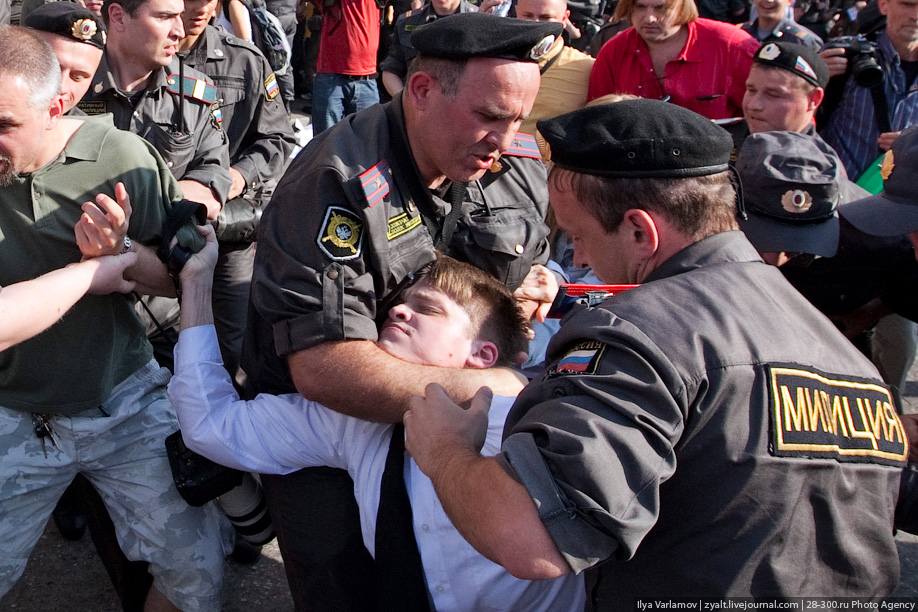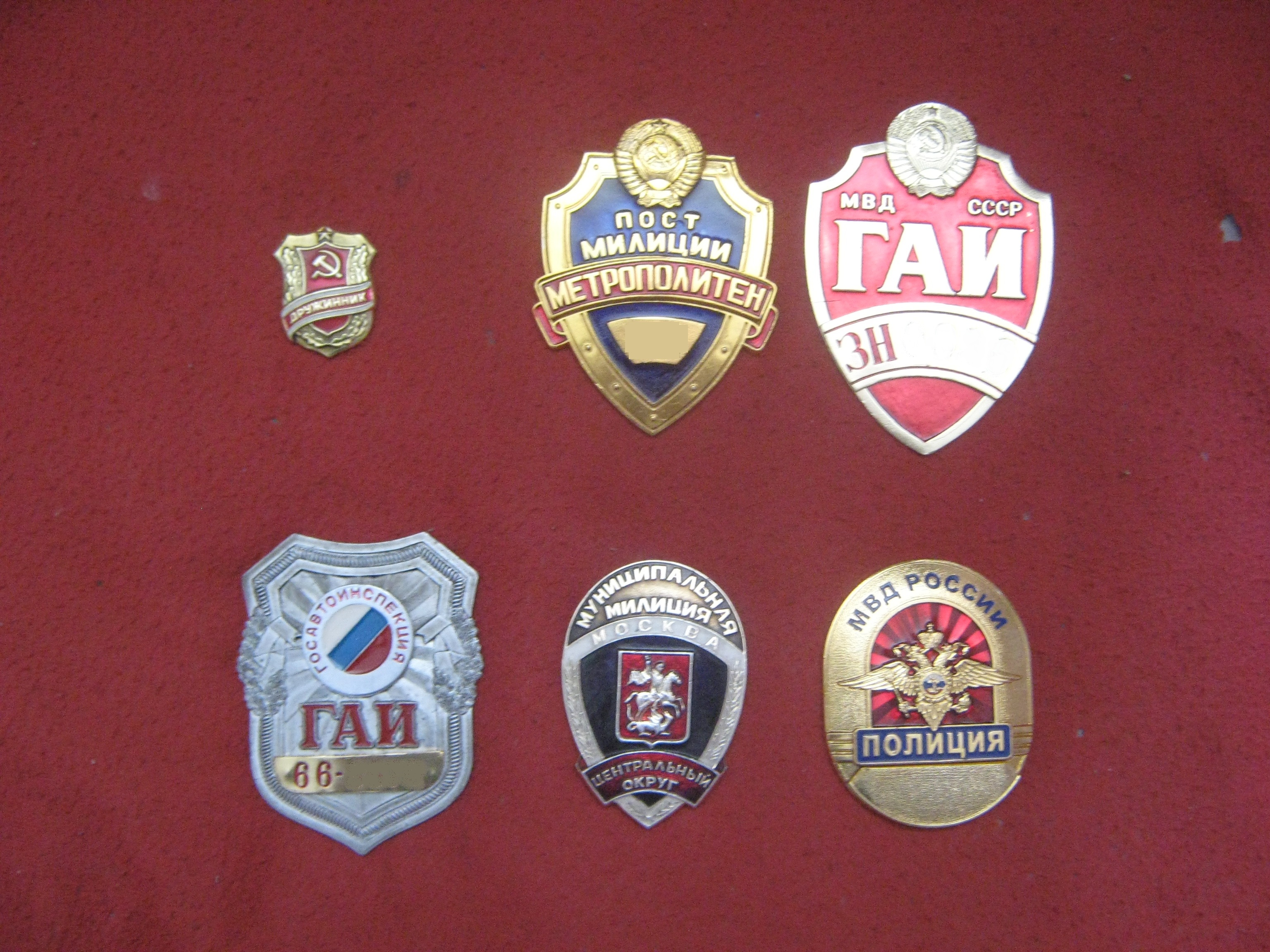|
Ministry Of Internal Affairs (Komi Republic)
The Ministry for Internal Affairs of Komi Republic (Министерство внутренних дел по Республике Хакасия) is the main law enforcement organization in the Komi Republic in Russia. It is subordinate to the Russian Interior Ministry and the President of Komi Republic. History *November 1917 - The Militsiya of Yaren and Ust-Sysol Was Established. *1921 - The Militsiya ''Militsiya'' ( rus, милиция, , mʲɪˈlʲitsɨjə) was the name of the police forces in the Soviet Union (until 1991) and in several Eastern Bloc countries (1945–1992), as well as in the non-aligned SFR Yugoslavia (1945–1992). The ... of Komi Republic was born, as Oblast Commissariat for Internal Affairs *1935 - The Traffic Police (Госавтоинспекция) was formed. *1948 - The Investigation Department was established. *1989 - Department against Organized Crime was established. *1991 - The Militsiya of Komi Republic was split into the Militsiya f ... [...More Info...] [...Related Items...] OR: [Wikipedia] [Google] [Baidu] |
Syktyvkar
Syktyvkar (, rus, Сыктывка́р, p=sɨktɨfˈkar; kv, Сыктывкар) is the capital city of the Komi Republic in Russia, as well as its largest city. It is also the capital of the Syktyvkar Urban Okrug. Until 1930, it was known as Ust-Sysolsk, after the Sysola River. Etymology The city's name comes from ''Syktyv'', the Komi name for the Sysola River, plus ''kar'', meaning "city". Geography Syktyvkar is located on the Sysola River, which is the origin of its former name Ust-Sysolsk. The city is located close to where the Sysola joins the larger Vychegda River, which is itself a branch of the Northern Dvina. History It is believed that the city was founded in 1586 as a settlement Ust-Sysola. It was granted city status by Catherine the Great in 1780, and in 1992, it became the capital of the Komi Republic. It has remained the capital since then, although a large influx of ethnic Russians in the 20th century has actually left the Komi a minority there. The majorit ... [...More Info...] [...Related Items...] OR: [Wikipedia] [Google] [Baidu] |
OMON
OMON (russian: ОМОН – Отряд Мобильный Особого Назначения , translit = Otryad Mobil'nyy Osobogo Naznacheniya , translation = Special Purpose Mobile Unit, , previously ru , Отряд Милиции Особого Назначения , translit = Otryad Militsii Osobogo Naznacheniya , translation = Special Purpose Unit of the Militia) is a system of special police units within the National Guard of Russia. It previously operated within the structures of the Soviet and Russian Ministries of Internal Affairs (MVD). Originating as the special forces unit of the Soviet Militsiya in 1988, it has played major roles in several armed conflicts during and following the 1991 dissolution of the Soviet Union. OMON is much larger and better known than SOBR, another special-police branch of the National Guard of Russia. In modern contexts, OMON serves as a riot police group, or as a gendarmerie-like paramilitary force. OMON units also exist in Belar ... [...More Info...] [...Related Items...] OR: [Wikipedia] [Google] [Baidu] |
Komi Republic
The Komi Republic (russian: Республика Коми; kv, Коми Республика), sometimes simply referred to as Komi, is a republic of Russia located in Eastern Europe. Its capital is the city of Syktyvkar. The population of the republic as of the 2010 Census was 901,189. History The Komi people first feature in the records of the Novgorod Republic in the 12th century, when East Slavic traders from Novgorod traveled to the Perm region in search of furs and animal hides. The Komi territories came under the influence of Muscovy in the late Middle Ages (late 15th to early 16th centuries). The site of Syktyvkar, settled from the 16th century, was known as Sysolskoye (Сысольскoe). In 1780, under Catherine the Great, it was renamed to Ust-Sysolsk (Усть-Сысольск) and used as a penal colony. Russians explored the Komi territory most extensively in the 19th and early 20th centuries, starting with the expedition led by Alexander von Keyserling in ... [...More Info...] [...Related Items...] OR: [Wikipedia] [Google] [Baidu] |
Russia
Russia (, , ), or the Russian Federation, is a List of transcontinental countries, transcontinental country spanning Eastern Europe and North Asia, Northern Asia. It is the List of countries and dependencies by area, largest country in the world, with its internationally recognised territory covering , and encompassing one-eighth of Earth's inhabitable landmass. Russia extends across Time in Russia, eleven time zones and shares Borders of Russia, land boundaries with fourteen countries, more than List of countries and territories by land borders, any other country but China. It is the List of countries and dependencies by population, world's ninth-most populous country and List of European countries by population, Europe's most populous country, with a population of 146 million people. The country's capital and List of cities and towns in Russia by population, largest city is Moscow, the List of European cities by population within city limits, largest city entirely within E ... [...More Info...] [...Related Items...] OR: [Wikipedia] [Google] [Baidu] |
President (government Title)
President is a common title for the head of state in most republics. The president of a nation is, generally speaking, the head of the government and the fundamental leader of the country or the ceremonial head of state. The functions exercised by a president vary according to the form of government. In parliamentary republics, they are usually, but not always, limited to those of the head of state and are thus largely ceremonial. In presidential, selected parliamentary (e.g. Botswana and South Africa), and semi-presidential republics, the role of the president is more prominent, encompassing also (in most cases) the functions of the head of government. In authoritarian regimes, a dictator or leader of a one-party state may also be called a president. The titles "Mr. President" and Madam President may apply to a person holding the title of president or presiding over certain other governmental bodies. "Mr. President" has subsequently been used by governments to refer to thei ... [...More Info...] [...Related Items...] OR: [Wikipedia] [Google] [Baidu] |
Militsiya
''Militsiya'' ( rus, милиция, , mʲɪˈlʲitsɨjə) was the name of the police forces in the Soviet Union (until 1991) and in several Eastern Bloc countries (1945–1992), as well as in the non-aligned SFR Yugoslavia (1945–1992). The term continues in common and sometimes official usage in some of the individual former Soviet republics such as Belarus, Tajikistan, Uzbekistan and Kyrgyzstan, as well as in the partially recognised or unrecognised republics of Abkhazia, South Ossetia, Transnistria, DNR and LNR. Name and status The name ''militsiya'' as applied to police forces originates from a Russian Provisional Government decree dated April 17, 1917, and from early Soviet history: both the Provisional Government and the Bolsheviks intended to associate their new law-enforcement authority with the self-organisation of the people and to distinguish it from the czarist police. The militsiya was reaffirmed in Russia on October 28 (November 10, according to the ne ... [...More Info...] [...Related Items...] OR: [Wikipedia] [Google] [Baidu] |
NKVD
The People's Commissariat for Internal Affairs (russian: Наро́дный комиссариа́т вну́тренних дел, Naródnyy komissariát vnútrennikh del, ), abbreviated NKVD ( ), was the interior ministry of the Soviet Union. Established in 1917 as NKVD of the Russian Soviet Federative Socialist Republic, the agency was originally tasked with conducting regular police work and overseeing the country's prisons and labor camps. It was disbanded in 1930, with its functions being dispersed among other agencies, only to be reinstated as an all-union commissariat in 1934. The functions of the OGPU (the secret police organization) were transferred to the NKVD around the year 1930, giving it a monopoly over law enforcement activities that lasted until the end of World War II. During this period, the NKVD included both ordinary public order activities, and secret police activities. The NKVD is known for its role in political repression and for carrying out the Great ... [...More Info...] [...Related Items...] OR: [Wikipedia] [Google] [Baidu] |
Politics Of The Komi Republic
The Komi Republic (russian: Республика Коми; kv, Коми Республика), sometimes simply referred to as Komi, is a republic of Russia located in Eastern Europe. Its capital is the city of Syktyvkar. The population of the republic as of the 2010 Census was 901,189. History The Komi people first feature in the records of the Novgorod Republic in the 12th century, when East Slavic traders from Novgorod traveled to the Perm region in search of furs and animal hides. The Komi territories came under the influence of Muscovy in the late Middle Ages (late 15th to early 16th centuries). The site of Syktyvkar, settled from the 16th century, was known as Sysolskoye (Сысольскoe). In 1780, under Catherine the Great, it was renamed to Ust-Sysolsk (Усть-Сысольск) and used as a penal colony. Russians explored the Komi territory most extensively in the 19th and early 20th centuries, starting with the expedition led by Alexander von Keyserli ... [...More Info...] [...Related Items...] OR: [Wikipedia] [Google] [Baidu] |
Law Enforcement Agencies Of The Republics Of Russia
Law is a set of rules that are created and are enforceable by social or governmental institutions to regulate behavior,Robertson, ''Crimes against humanity'', 90. with its precise definition a matter of longstanding debate. It has been variously described as a science and as the art of justice. State-enforced laws can be made by a group legislature or by a single legislator, resulting in statutes; by the executive through decrees and regulations; or established by judges through precedent, usually in common law jurisdictions. Private individuals may create legally binding contracts, including arbitration agreements that adopt alternative ways of resolving disputes to standard court litigation. The creation of laws themselves may be influenced by a constitution, written or tacit, and the rights encoded therein. The law shapes politics, economics, history and society in various ways and serves as a mediator of relations between people. Legal systems vary between jurisdictions, ... [...More Info...] [...Related Items...] OR: [Wikipedia] [Google] [Baidu] |




